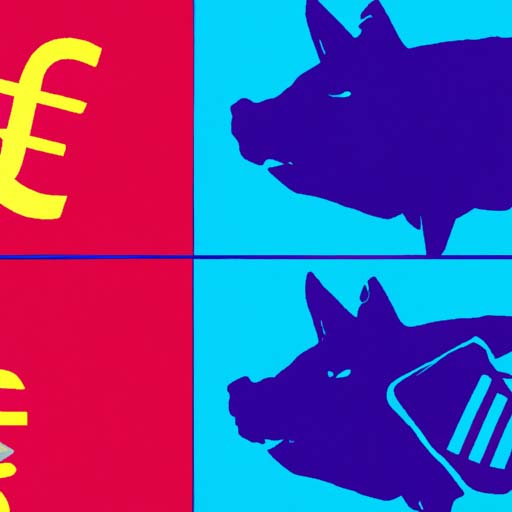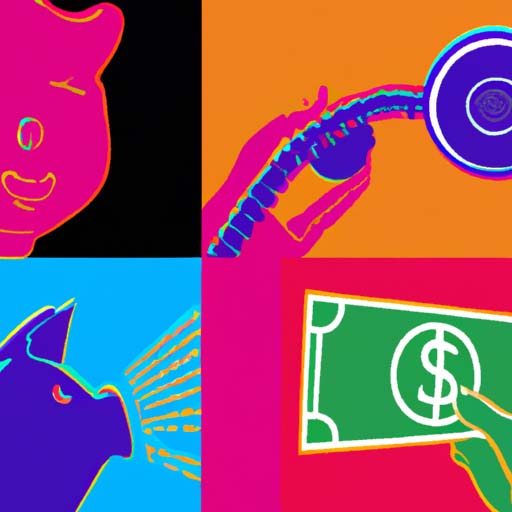TLDR: Hong Kong Finance Worker Loses $25 Million in Deepfake Scam
A finance worker in Hong Kong has lost $25 million after falling victim to a deepfake scam. The worker, who was affiliated with a multinational company, was convinced to transfer the funds after receiving a video call from someone pretending to be the company’s Chief Financial Officer (CFO) and other employees. Hong Kong police have made six arrests in connection with the deepfake scams.
Key Points:
- A finance worker in Hong Kong loses $25 million in a deepfake scam.
- The worker was convinced to send the money after receiving a video call from someone posing as the company’s CFO.
- Hong Kong police have made six arrests in connection with deepfake scams.
A finance worker in Hong Kong has lost $25 million in a deepfake scam after interacting with someone pretending to be the company’s Chief Financial Officer (CFO). The worker, who was affiliated with a multinational company, received a video call from the scammer and was convinced to transfer the funds. Hong Kong police have reportedly made six arrests in connection with a series of deepfake scams that have emerged in recent months.
Deepfake technology has become increasingly sophisticated, making it difficult to differentiate between real and fake videos. In this case, the scammer was able to imitate the appearance and voice of the CFO, fooling the worker into believing they were speaking with a legitimate company representative. The worker did have some suspicions about an email requesting a secret transaction, but the convincing nature of the video call convinced them to send the money.
To spot a deepfake video call, users can look for visual cues to verify the person they’re speaking to. Deepfake technology struggles to replicate complex movements in real time, so asking the person to write a word or phrase on a piece of paper or perform a unique gesture can help determine if they are genuine. Employing multi-factor authentication and using secure channels such as encrypted messaging apps can also help protect against deepfake scams.
It is essential for individuals and organizations to stay vigilant and be cautious when interacting with video calls or receiving requests for financial transactions. Deepfake technology poses a significant risk in terms of fraudulent activities and the potential for financial loss. By following these precautions and staying informed about the latest security measures, individuals can better protect themselves against deepfake scams.



